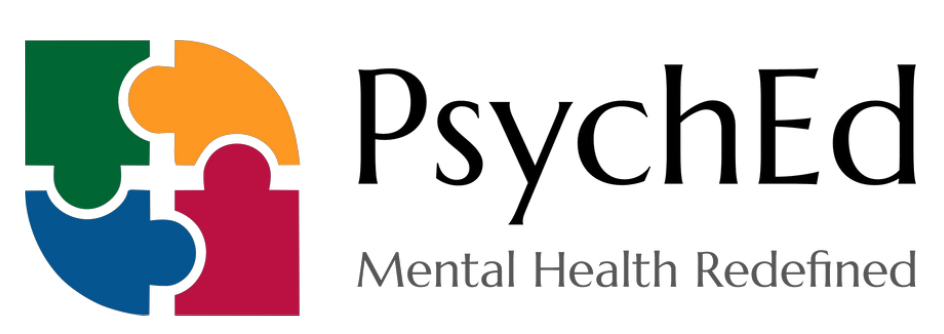The shrill beep of a 6 AM alarm cuts through the darkness. Another day of juggling assignments, racing against deadlines, and shouldering expectations begins. For countless students, this relentless academic grind has become their new normal, often spiraling into what experts call academic burnout – a state where mental, emotional, and physical exhaustion collide.
The Strain of Modern Academics
A bright-eyed student starts each year armed with color-coded planners and ambitious goals. By mid-semester, those same eyes are bleary from late-night study sessions, that enthusiasm dampened by the crushing weight of expectations. The pressure extends far beyond maintaining a perfect GPA – it’s about staying afloat in a sea of competing demands.
This isn’t your garden-variety stress. Today’s students navigate a perfect storm: rigorous academic demands, the pressure to pad resumes with extracurriculars, and the constant buzz of social media showcasing peers’ achievements. Standardized testing and college admission pressures only compound this burden, creating an unsustainable environment.
The Invisible Downward Spiral
Burnout creeps in like fog, gradually clouding everything in its path. Razor-sharp focus in class gives way to blank stares and racing thoughts. Simple assignments that once took an hour stretch into endless all-nighters. The excitement of learning transforms into a gnawing dread of falling behind.
Bodies send clear distress signals: persistent headaches, disrupted sleep patterns, and a bone-deep exhaustion that no amount of caffeine can fix. Perhaps most devastating is the creeping self-doubt – the growing suspicion that you’re simply not capable enough.
When It All Breaks Down
The tipping point often comes during high-stakes moments – finals week, college application season, or crucial project deadlines. Some students mentally check out, their minds and bodies finally surrendering. Others intensify their efforts, grinding harder and sleeping less – a desperate strategy that only accelerates the downward spiral.
The impact ripples beyond academics. Friendships fade, family connections weaken, and once-loved activities fall by the wayside in the endless quest to catch up and stay ahead.
Finding Solid Ground
Recovery from burnout demands more than a weekend of rest or catching up on sleep. It requires fundamentally reshaping how we approach learning and success. Acknowledging burnout isn’t a sign of weakness – it’s a crucial first step toward positive change.
Small, consistent changes build the foundation for recovery. Setting and maintaining regular sleep schedules, taking genuine breaks between study sessions, and gradually rebuilding a healthy relationship with learning create sustainable progress.
Building Academic Resilience
Lasting change emerges from consistent, manageable adjustments. Breaking down overwhelming assignments into smaller tasks, recognizing genuine accomplishments, and learning to distinguish between productive work and pointless grinding all contribute to a healthier approach.
Support networks play a crucial role. Friends who understand, supportive family members, and professional guidance can provide essential perspective and assistance. Many schools now offer dedicated resources and support systems – valuable tools in rebuilding academic resilience.
Experiencing burnout, while challenging, often yields insights no textbook can provide. Students who navigate this struggle typically develop keener awareness of their limits, stronger self-advocacy skills, and a more balanced perspective on academic success.
Shifting Focus for Student Wellbeing
As educational systems evolve, conversations about student wellbeing gain prominence. The goal shifts from mere academic survival to creating an environment where students can truly thrive. This transformation promises a more sustainable, healthy approach to learning – one that honors both achievement and wellbeing.





